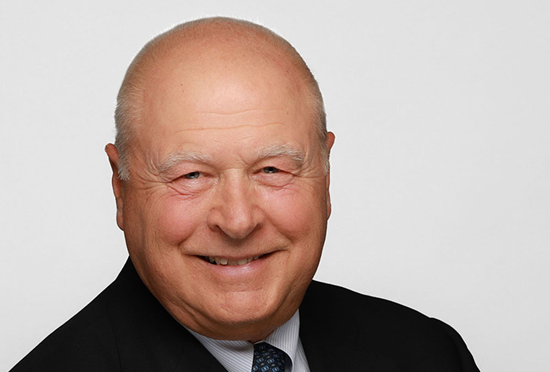Short covering hits securities lending profitability, says Markit

Short positions in US stocks have declined since the start of the year, according to data from Markit, taking the shine of securities lending revenues.
"Short selling activity has cooled off from the fever pitch of the opening two months of the year," Markit analyst Simon Colin wrote in a recent note to clients.
"This has led to the proportion of Russell 3000 constituents trading 'special' to fall significantly."
Stocks trading special in the securities lending world are defined by short interest greater than $5m and a stock loan fee above 100bps.
Average short interest among the Russell 3000's constituents, which is responsible for over 95% of the US shorting activity by volume, has dropped by 10% from the highs seen in April.
Over 10.2% of stocks on the index traded special as far back as April, that number has since shrunk by 15% with 8.7% of the index’s current constituents now meeting the special criteria.
“This trend means that there are fewer Russell 3000 index shares trading special than at any time since last October, which speaks volumes of the decreased appetite to sell short in light of the recent market rebound,” added Colvin.
Energy names shorts have felt this trend most acutely with number of energy shares commanding a special fee to 29, down from 33 at the start of the year.
Healthcare firms, on the other hand, continue to be popular high conviction short plays.
The sector is now responsible for one-third of the shares trading special in the Russell 3000 index - nearly the same as the three next most highly shorted sectors combined.
No longer that special
Another indicator of the falling short seller demand is the fact that the fee to borrow these special names has fallen significantly from the highs seen at the start of the year.
The weighted average specials fee, which was over 650bps as far back as April, has now settled in the 500-550bps range.
Impacting return
Markit added that the falling number and cost to borrow specials as well as the recent short covering is starting to hit securities lending profitability.
"The aggregate fee generated from US equity stock loan was in the region of 70bps for much of the last six months, but the slip seen in special shares means that the aggregate US stock loan fee is now 50bps; the lowest amount since October 2013," explained Colvin.
"However, the situation is not as dire as these fees would indicate as there are now many more short bets being taken in the market as the aggregate balance of stock loan trades has remained above the $500bn mark despite the recent covering."
This, Colvin added, has helped keep aggregate daily revenues generated by stock loan trades around the $6m mark, up from $5m in 2013.
Found this useful?
Take a complimentary trial of the FOW Marketing Intelligence Platform – the comprehensive source of news and analysis across the buy- and sell- side.
Gain access to:
- A single source of in-depth news, insight and analysis across Asset Management, Securities Finance, Custody, Fund Services and Derivatives
- Our interactive database, optimized to enable you to summarise data and build graphs outlining market activity
- Exclusive whitepapers, supplements and industry analysis curated and published by Futures & Options World
- Breaking news, daily and weekly alerts on the markets most relevant to you




